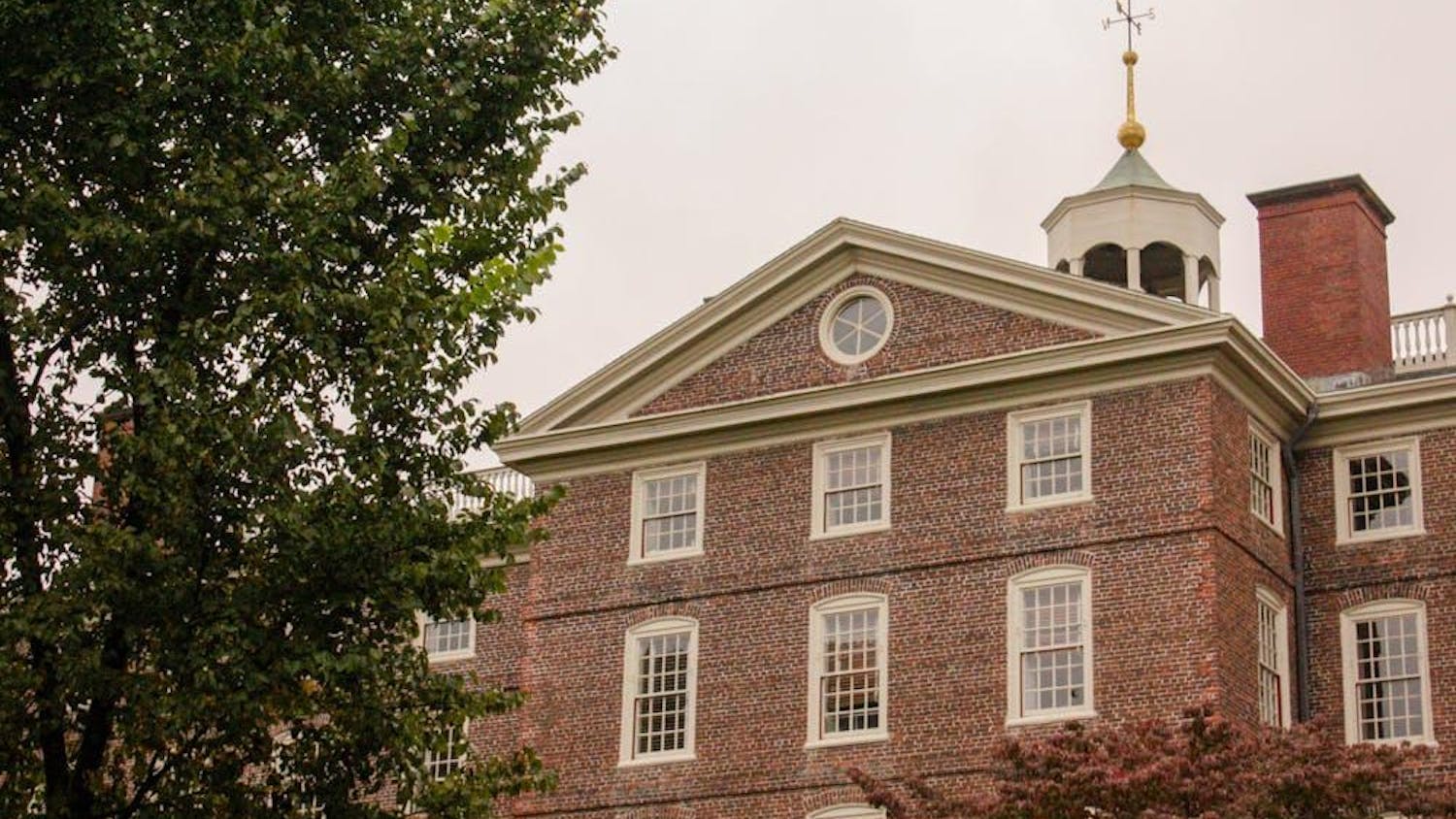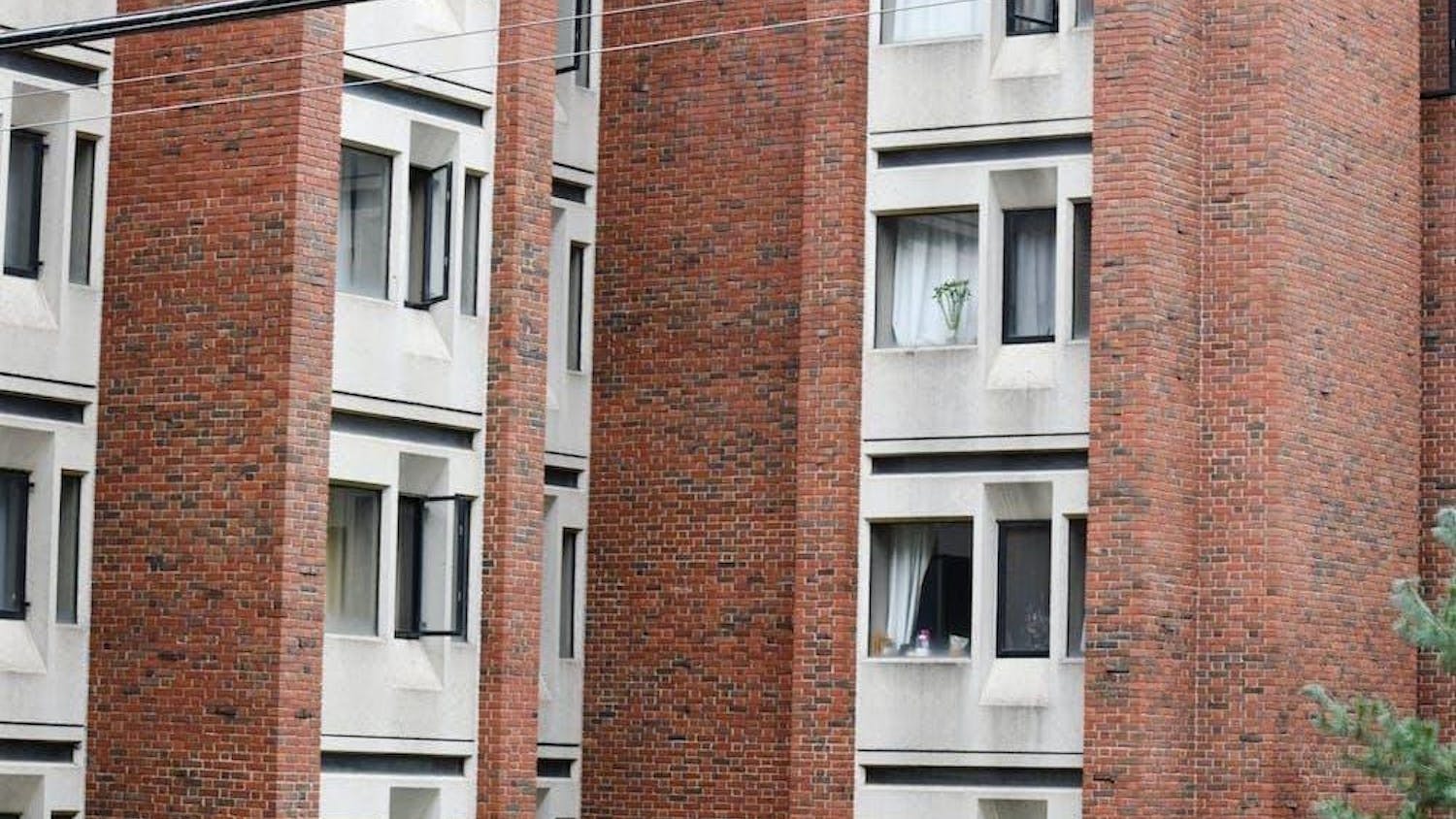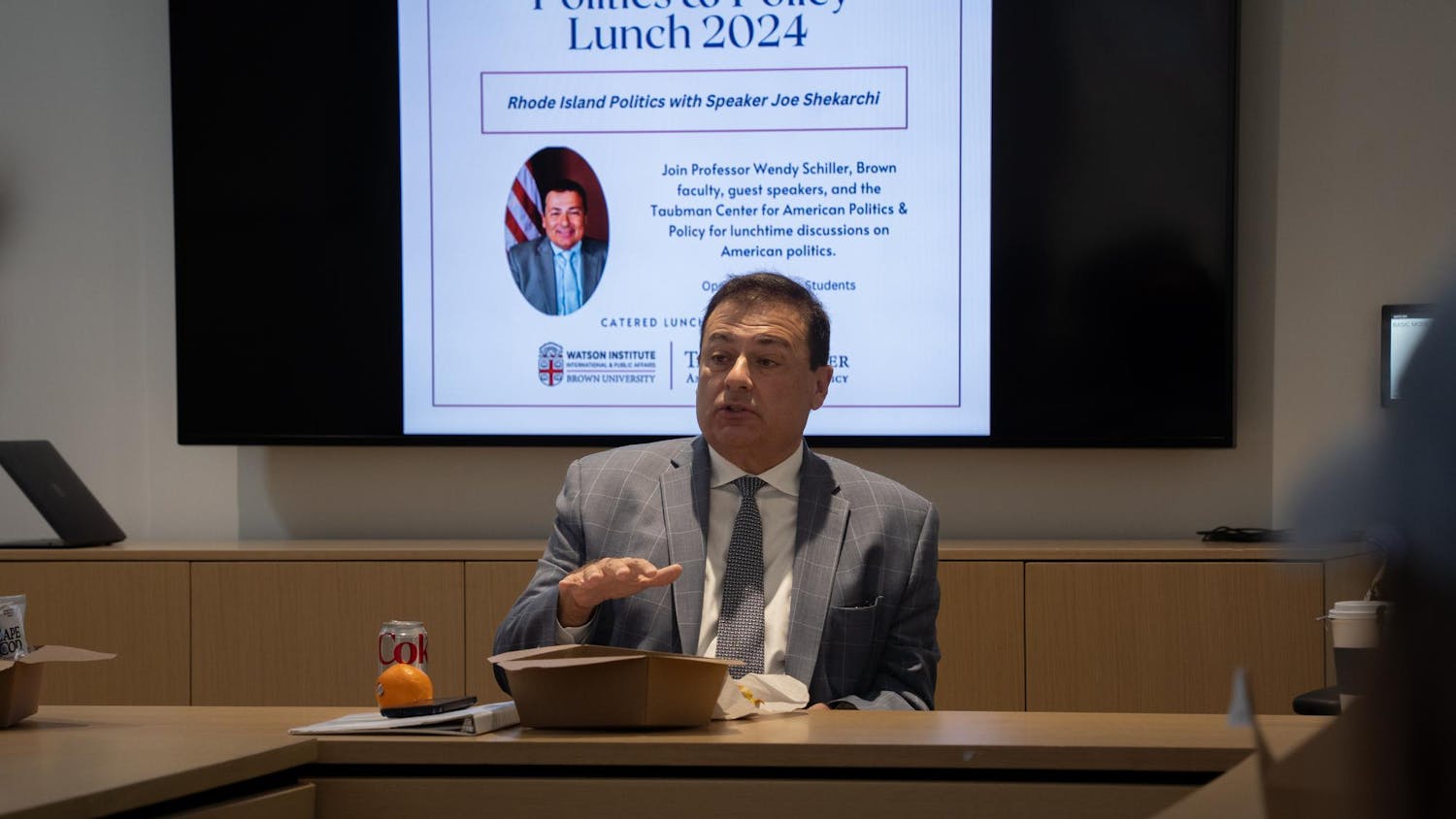The recent congressional repeal of "Don't Ask, Don't Tell" and the creation of a committee to review the University's Reserve Officers' Training Corps policy has intensified the debate over whether ROTC should be reinstated on campus.
Since the decision to end the on-campus ROTC program in 1969, students interested in participating in ROTC have only been able to do so through a partnership with Providence College.
Earlier this semester, President Ruth Simmons formed a committee to research the University ROTC policy and issue recommendations this spring, which has increased student mobilization for and against ROTC.
Provost David Kertzer '69 P'95 P'98, who was a member of the committee that examined ROTC policy in the 1960s, said the recent repeal of "Don't Ask, Don't Tell" brings the ROTC debate "back to some of the earlier issues about having a department of military science and having faculty chosen by the military." When he was a student on the committee, Kertzer wrote a minority dissent rejecting the committee's recommendations to modify the on-campus ROTC program but not eliminate it entirely. Kertzer opposed what he thought was a "culture conflict" between the University's liberal arts atmosphere and the norms of the military science department, he said.
"The very idea that the faculty of Brown University has a ‘responsibility' to devise military training programs on campus must be seriously challenged," Kertzer wrote in his report, according to a 1969 Herald article.
Though he strongly opposed Brown's ROTC program as a student, Kertzer said "it was a different environment in the late sixties," and the prospect of going to war upon graduation had an effect on student opinion.
As debate continues to permeate campus, the University's position will depend on the current committee's findings.
"The committee has the task of opening up this discussion so that these views can be weighed carefully in a manner consistent with the spirit of open inquiry and intelligent discourse that should exist in a university environment," Simmons wrote in an e-mail to The Herald.
"Brown students would benefit from what ROTC can offer, and the military would benefit from what Brown students can offer," wrote Lynn Della Grotta '13, a member of Students for ROTC, in an e-mail to The Herald. The group advocates for the return of an on-campus ROTC department, according to its website.
Even before "Don't Ask, Don't Tell" was repealed, there was talk about whether ROTC should come back to Brown, she wrote. "The repeal should only make us want to move with diligence and urgency."
Joy Joung '11 was the only Brown student participating in the Patriot Battalion ROTC program at PC last year, but she was discharged in October after undergoing brain surgery this summer. In a Feb. 25 Herald article, Joung said one first-year male is now the only Brown student in the battalion.
She added she would support bringing ROTC back to Brown, though she does not mind the current system. "If I could save the 10-minute drive to Providence College, I would," she said. "The biggest inconvenience is having to leave campus."
According to Major Tucker Shosh, an enrollment officer with the program, one Brown student participates in the program every two to three years.
Though the number of Brown students in the battalion is low, Joung said this is not the program's fault.
"My experience with the battalion at PC has been exceptional," she said. "They welcome Brown students and don't treat me any differently."
While opposition to a military presence at Brown is not as visible on campus as it was in the late 1960s, there are still students opposing the return of ROTC.
Julie Pittman '12, a member of the Coalition Against Special Privileges for ROTC, said there are still many reasons why the University should not allow the military to return to campus.
"It comes down to issues of academic freedom, academic standards, militarization of the campus, tacit approval of military policy and the rampant discrimination against transgendered individuals, as well as the record of sexual assault in the military," she said.
Pittman added that allowing the military to have a say in the appointment of professors would conflict with the University's academic standards and "threaten faculty governance, much like the current debate around tenure."
Madeleine Jennewein '14, co-president of transgender advocacy group GenderAction, said the repeal of "Don't Ask, Don't Tell" failed to address the military's categorization of transgender individuals as having a "mental disorder."
Regardless of what the committee reviewing ROTC policy concludes, there is a shared degree of skepticism all around about the likelihood that ROTC will return to campus. "What we don't know is whether the military would even be interested in establishing a program here," Kertzer said. "It is quite expensive for them to set up these programs."
Joung said even with the repeal of "Don't Ask, Don't Tell," she is not sure the University will change its policy.
"I think it's a step, but I don't think it's enough to swing the decision the other way," Joung said. "It's great that they're having the discussion, but right now it is more of a discussion about the logistics of what it takes to have ROTC on a campus."
Shosh said students participating in the ROTC program through the Patriot Battalion have not explicitly expressed a desire for a program at Brown.
"The students have had no issues with it," he said, adding that students from the University of Massachusetts at Dartmouth travel 45 minutes to participate in PC's battalion.
Administrators agree the committee's findings will ultimately guide this debate.
"It may well be that the armed services have no interest in establishing a unit at Brown or that our students may prefer a Providence College option," Simmons wrote. "Neither possibility absolves us from determining whether banning an ROTC unit from Brown should be current University policy."




